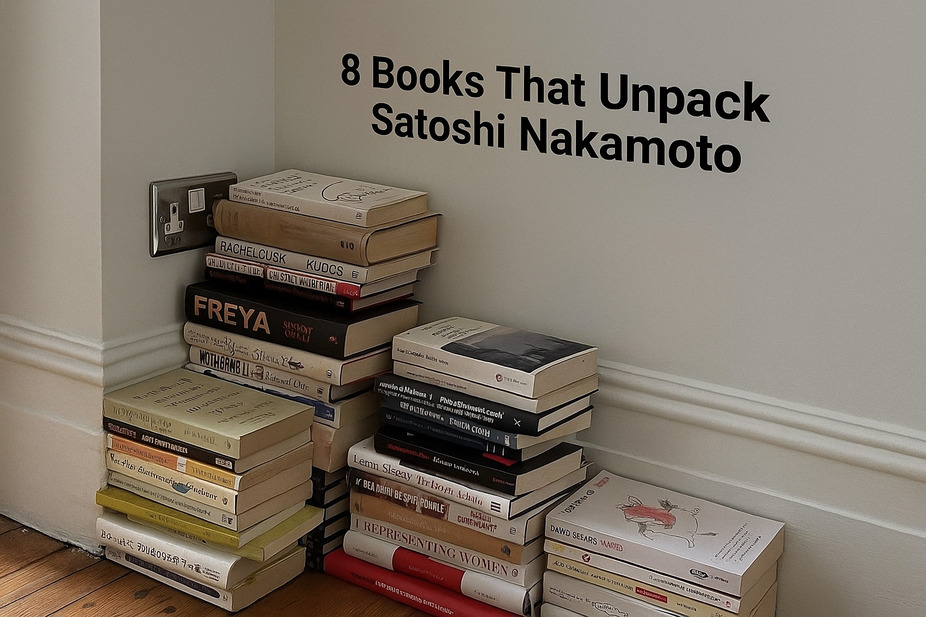Sandbox success: how Singapore is winning the AI and crypto race

While Europe and the US are busy writing rules for AI and crypto, Singapore is actually using them. They’ve got live AI systems running in hospitals and are fine-tuning their crypto licensing by going after the bad people. It’s like the West is regulating itself into the slow lane, while Singapore is building the future.
Singapore’s secret weapon? They see innovation as something to test and learn from, not a threat to be endlessly debated. They’re all about trying things out in a controlled environment – a “sandbox” – before unleashing them on the world.
The problem with over-regulation
Take the EU’s AI Act, for example. It’s been years in the making, and now companies are facing a ton of red tape to comply. This is slowing down adoption, especially in areas like healthcare and finance, where clear rules are essential.
The US is doing the same. In 2024, over 40 states introduced their own AI laws, but there’s no overall federal plan to make sure they all work together. So, what’s allowed in one state might be banned in another. The main problem is that European and American regulators seem to think they need to get rid of every possible risk before letting new ideas happen.
Every month they spend arguing about hypothetical problems is another month Singapore spends deploying AI, attracting talent, and building a real advantage.
Singapore’s “sandbox” approach
Singapore has flipped the script. Instead of regulating first, they deploy AI and crypto in the real world, but with strict controls in place. These “sandboxes” allow for testing under close supervision, with emergency shutdown plans, safety nets, and constant monitoring.
When the Singaporean financial authority noticed that crypto firms were leaving the West because of unclear rules in 2024, they actually approved twice as many licences. But they’ve also been cracking down on companies that were just using Singapore’s reputation to serve customers in other countries without proper oversight. These companies had to either agree to Singapore’s rules or leave.
Many chose to leave, which showed that they weren’t really serious about operating in Singapore in the first place.
This shows that Singapore has a mature approach to regulation. They built a solid foundation first, authorizing legitimate crypto businesses, and then weeded out the ones exploiting loopholes. This results in a higher-quality crypto industry with clear rules.
Some call this “experimental,” but Singapore is taking a careful approach. They limit the number of users exposed to new technologies, require real-time data sharing, and have backup systems in place. It’s not about deregulation; it’s about being agile and learning from real-world data, not just theory.
This careful approach is working. Singapore is now the top place for AI in Southeast Asia. It is attracting global investment, top researchers and new AI companies with its easy visa policies and strong industry partnerships. Their sandbox strategy isn’t just a test; it’s about building a strong competitive position for the long term.
The West needs to catch up
Western countries are starting to realize what’s happening, but they’re still moving slowly. Meanwhile, state-level AI laws in the US keep popping up faster than the federal government can handle.
This delay has economic consequences. AI could add trillions to the global economy by 2030, but the countries with flexible regulations will likely capture most of those benefits.
Singapore’s message
Singapore is getting tough on people who are taking advantage of the system and using AI across its infrastructure. They are improving their ecosystem in a way that Western regulators cannot match. In this race, it’s important to be fast and accurate.
Western economies need to take quick action and embrace data-driven governance. Singapore is getting better and better at AI, and it will soon have AI hubs based on policy, talent, and access.












